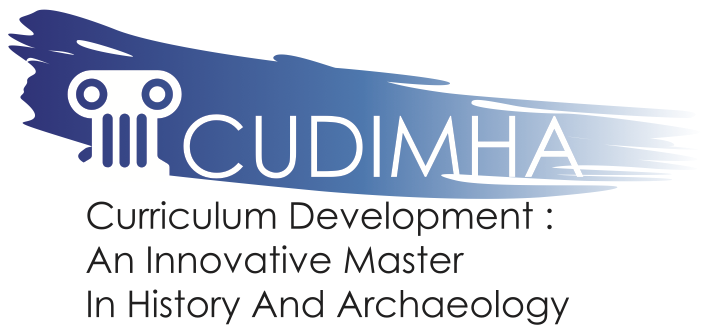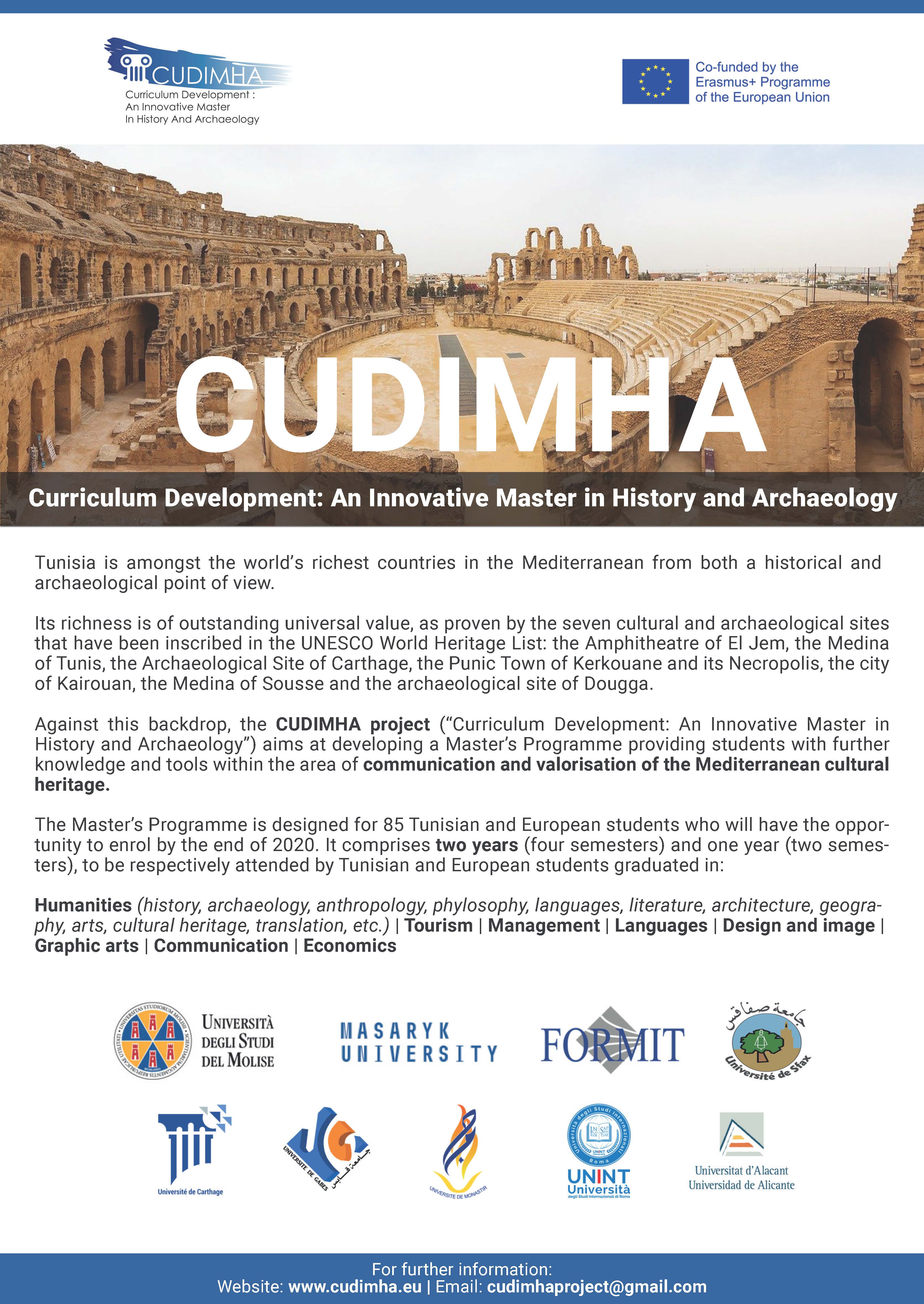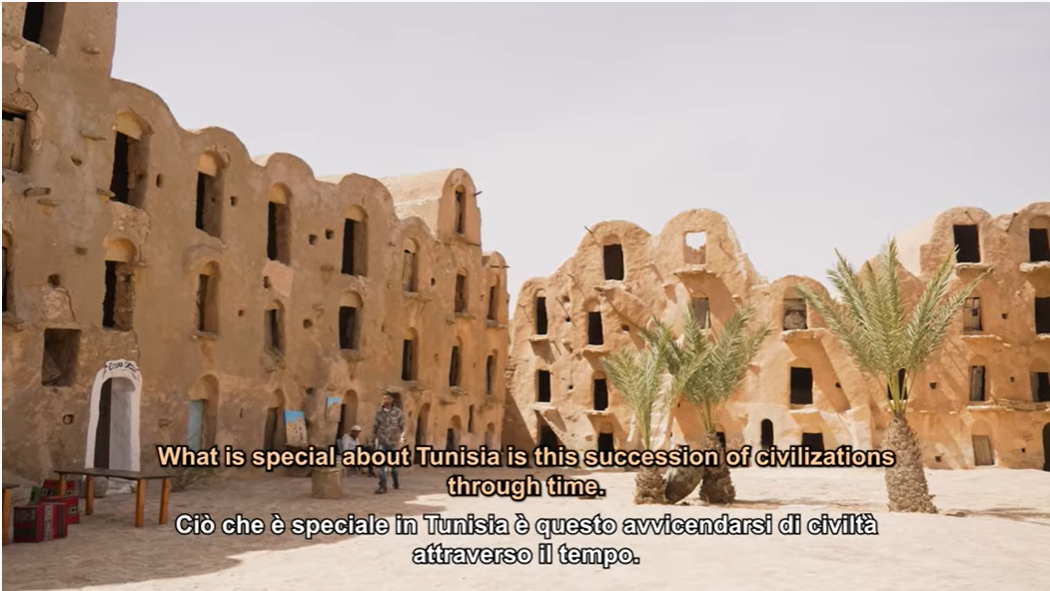
Tunisia is among the world’s richest countries in the Mediterranean both from a historical and archaeological point of view. Its richness is of outstanding universal value, as proven by the 7 cultural and archaeological sites that have been inscribed in the UNESCO World Heritage List: the Amphitheatre of El Jem, the Medina of Tunis, the Archaeological Site of Carthage, the Punic Town of Kerkouane and its Necropolis, the city of Kairouan, the Medina of Sousse and finally the 65 hectares composing the archaeological site of Dougga.
Against this backdrop, “Curriculum Development: An Innovative Master’s in History and Archaeology” - CUDIMHA intends to address the challenges faced by Tunisia in its path towards modernisation by bringing innovation in higher education system and institutions, new teaching methodologies and multidisciplinary contents, thus providing students and staff with new competences in the humanities field.
A 2-year Master’s Programme (4 semesters), focused on the valorisation of history and archaeology, has been designed among the consortium partners, with special interest and important contributions coming from the Tunisian Higher Education Institutions (HEIs) involved.
Tunisian partners see this opportunity as a pivotal move for the national Higher Education System to embark on a progressive path towards modernisation and internationalisation.
Innovative teaching and learning approaches and methodologies will be implemented through the delivery of blended Teaching Units that combine in presence and on-line courses, tutored projects on the field, traineeships and experiences abroad.
Furthermore, special attention will be paid to the criteria related to gender equality in access to scholarship. The participation of female students will be strongly encouraged through dissemination activities consisting, for example, in info days aiming at tackling the potential problem of gender gap in participation to the labour market.




